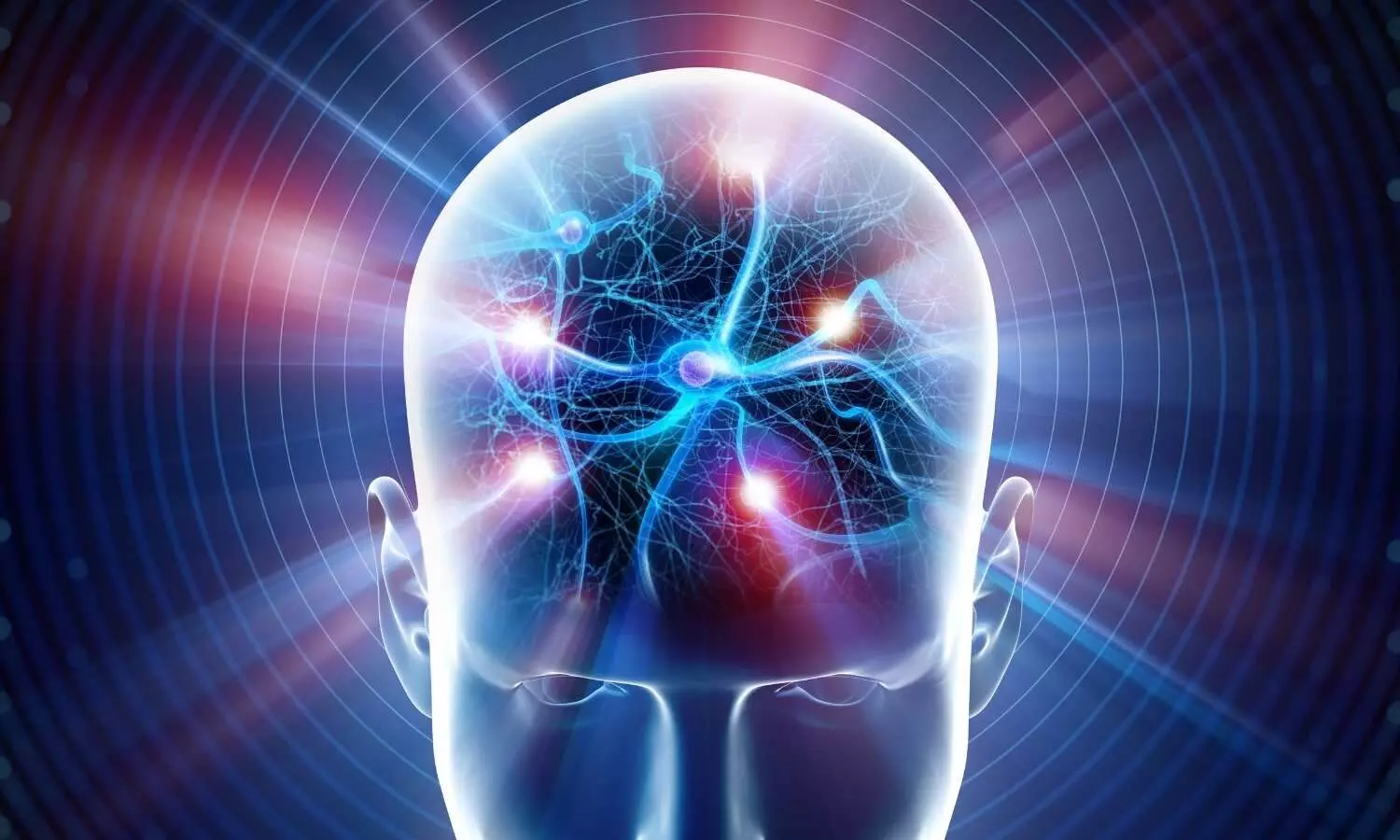Lifestyle Choices and Cardiometabolic Health Crucial for Brain Ageing: Study

New Delhi: Your lifestyle choices today could be the key to a younger, healthier brain tomorrow—new research reveals how physical activity and metabolic health shape brain ageing.
A study led by researchers from Karolinska Institutet and the University of Gothenburg highlights the profound influence of lifestyle and cardiometabolic conditions on brain ageing.
The research published in the journal Alzheimer’s & Dementia analysed 739 cognitively unimpaired septuagenarians, introducing the Brain Age Gap (BAG) as a biomarker to measure deviations between chronological and predicted brain age.
The study revealed that physical inactivity, diabetes, and stroke were associated with “older-looking” brains, reflected in higher BAG scores. Surprisingly, prediabetes correlated with “younger-looking” brains (lower BAG). Physical activity emerged as a significant factor in mitigating the impact of obesity on brain ageing.
Dr Anna Marseglia, the lead researcher from Karolinska Institutet, remarked, “Our findings highlight the importance of proactive measures, such as physical activity, to preserve brain health and mitigate ageing effects even in individuals with obesity.”
Neuroimaging data showed that greater cortical thickness in regions associated with Alzheimer’s resilience was linked to lower BAG, signifying younger-looking brains. Conversely, small vessel disease (SVD) markers, such as white matter hyperintensities, and inflammation indicated older-looking brains.
The study also explored biological processes like inflammation and glucose regulation in brain ageing. High levels of C-reactive protein (CRP) and elevated glucose were linked to older-looking brains.
Dr Caroline Dartora, a co-author, stated, “This study emphasizes the interconnected nature of metabolic health, vascular conditions, and brain ageing. Addressing these factors can significantly contribute to reducing the risk of cognitive decline.”
Cognitive assessments linked higher BAG scores to poorer performance in executive functions and global cognition. Notable sex differences emerged: men showed stronger associations between BAG and cognitive domains such as visuospatial abilities and verbal fluency, while women exhibited connections with episodic memory.
Dr Silke Kern, from the University of Gothenburg, noted, “Understanding the sex-specific factors influencing brain ageing can help develop personalized interventions for cognitive health.”
The research team stressed the importance of managing cardiometabolic health through regular physical activity, balanced diets, and routine health check-ups to maintain cognitive resilience. Dr Eric Westman, another contributor to the study, added, “Identifying modifiable risk factors and early intervention can pave the way for healthier brain ageing and improved quality of life in older adults.”
The study, funded by multiple Swedish and international foundations, utilized deep-learning models trained on neuroimaging data from global cohorts to derive BAG scores.
It underscores the critical role of vascular and metabolic health in shaping brain resilience and cognition. The team calls for further longitudinal studies to explore these findings and develop targeted neuroprotective interventions.


